Reviewed on: PC (Steam)
Distributor provided a review copy.
Potential, according to the Irish comedian Dylan Moran, is like your bank balance: There’s always less than you think there is.
This doesn’t mean that you’re necessarily bankrupt, only that it’s never going to live up to what you’ve built up in your mind over the years. Such is the case with COMPANY OF CRIME, the first game from the newly emerged production company Resistance Games.
On the surface, it sounds like a surefire winner. Set in 1960s London, at a time when the culture capital of the world emerged from the ruins of World War 2 into a swinging, exotic location where film, music, and fashion experienced an overhaul in mere moments. As new countercultures were born, so too was a secondary world behind the scenes of the prim and proper aristocracy who once ruled the island nation.
But beneath the glamor lay a foundation of despair as hundreds of thousands lived their lives in poverty and hunger. Turning to crime in their despair, the underworld of the UK grew into its own thriving society with kings and queens of their own, some who even managed to make the leap into mainstream as modern day Robin Hood’s.
You arrive into this discord as a member of the emerging underworld with only one goal in mind: To build a criminal empire unlike any other. In order to do so, you’ll need to build a crew, gather money, take out your rivals, and avoid the cops as long as you can. Easier said than done, as London is vast and the legendary Flying Squad of Scotland Yard is hot on your tail.
There’s the potential. Anything could be made from this. Many things have been. Guy Ritchie built his career emulating the 60s machismo in a modern day setting. Michael Caine defined an era of British working class cool with films like GET CARTER and THE ITALIAN JOB. Even if the story wasn’t original, the 60s as an era could carry it through the sheer power of iconography alone.
Which is where COMPANY OF CRIME comes in. It’s an ambitious, wholly playable and entertaining game that smoothly glides along on the back on the coolness of the era, which most of the time is enough to help overlook some glaring flaws in the end product.
There are two layers to the basic gameplay: Strategy and tactics. As a criminal, your units perform assignments, usually ground-level petty thievery, in order to gain traction for larger and more tactical missions. These will govern your fear and respect in each district you perform them. The more assignments you handle, the more influence and money you gain, and the greater your control of London becomes.
Eventually, you can use said control and money to buy locations, which in turn unlock further options to advance, until your empire solidifies its grasp on the swinging city. As the police, the secondary campaign in the game, the process is similar, except instead of staking out potential victims to rob, your men patrol the streets to capture low-level bosses in the act. The more hoodlums you capture, the better your chances of taking out the big dogs.
There’s a surprising level of complex mechanics and depth in the game, mostly because not much of it is explained clearly enough. The UI is heavily involved, including places, times, strengths, weaknesses, influence, and money tallied at all times, but none of it makes sense until much later in the experience. How many actually get that far is another matter entirely, as the first missions tend to be a repetitive slog before the map opens up enough to become interesting.
By the time the other gangs show up the game picks up pace considerably. Suddenly you’re not just edging in on local turfs, you’re actively having to defend them as well. Local businesses are necessary for gaining funds, so naturally they become battlegrounds really quickly. Sadly most of this is highly repetitive even with changing up your team when attacking, or preparing for an ambush yourself.
One of the better aspects of the design is that the levels are all unique, meaning that whether or not you’re attacking or defending, the map stays the same. This allows for ample opportunities to chart out which tactics worked the first time – and what can be used against your opponents later. On that front, the repetition actually is a boon instead of a millstone.
The secondary police campaign opens up after your first playthrough as gangster, which diminishes the impact some, as much of the fun could have come from the anticipation of who will get caught and when.
Tactics are equally impressive in theory. The playground is layered like a chessboard, with players taking up one square on the field. Tables and counters can be jumped over, while doors will require actions to open. Locations will open up new items while levels allow for more skills, and character classes determine how an entire conflict will play out. Push a group of bruisers into a small space, and you’re bound to take out your targets much more effectively than with more stealthy characters.
Problem is that a lot of the actual gameplay doesn’t allow for the kind of variation that would make sense for multiple character classes. In theory they all sound great and their existence is enticing, but by the halfway mark most of them end up playing very much the same.
Combat itself is suitably varied and fun, leading often to hilariously over-the-top bar room brawls reminiscent of the best kind of Guy Ritchie films. It’s great fun having one character run his mouth to attract others to him, while another lines up a perfect shot of a pint across the room. And who doesn’t like seeing a good, swift kick to the nuts topple even the biggest guy?
There are also context-sensitive triggers that allow for tables and other items to be used as weaponry, often taking out attackers with a single use. In the end, it’s still fists that do most of the talking, and that’s where a lot of the problems pile up. As in XCOM there’s a percentage counter to how accurate your hits are, but it feels like that even with a 95% accuracy rating your character is far likelier to miss than actually hit. Which in turn leads to frustrating encounters as characters flail at nothingness.
The heat mechanic is also a grand idea that feels underutilized. Coercion and fighting lead to police attention, and that kind of attention makes it difficult to run a business. The higher your heat rating, the more likely it will be that cops show up in the middle of a mission. At this point, characters need to gather any evidence they’ve left behind and bail as fast as possible. Sadly right now collecting evidence is an utter pain due to UI issues, making it basically impossible to pull off an escape perfectly.
Playing as the police, you can take out criminals by arresting them, beating them, or in extreme cases shooting them dead. This leads to an internal investigation, but as in real life, it feels more like a speed bump than an actual repercussion of your actions.
The ambitious scale is also evident in the bugs and unfinished elements. The world map will occasionally glitch out, showing texts from previous missions in places of new ones, and playing as the cops will still indicate places that only criminals know about. The playing field will occasionally appear inaccessible in places, forcing characters to run around far longer paths than they really need to.
AI will stumble depending on the level, sometimes running in circles around an unoccupied area, or attacking multiple characters at once even at the cost of being hit by the zone of control mechanic. (That mechanic, allowing for an attack of opportunity when in squares near to a character, is fantastic and needs to be in everything.)
Combined with a campaign that is stretched far too thin (the developers say it’s around 15-20 hours, but would be better at half that length), COMPANY OF CRIME feels like a slog to play even when you want to like it. But only sporadically – just when you think you’ve seen too much of so little, the game surprises you all over again.
Which is where we come back to the potential. While the basics of COMPANY OF CRIME are as traditional as an English breakfast, built from the foundation is a solid and inventive strategy game. It has many downfalls for sure, but it makes up for them in presentation and ambition. Resistance Games clearly loves its material, and nowhere is that as clear as in the beautiful soundtrack, handsome visuals, and era-faithful elements.
Even as it stumbles, you’re left wanting another go around at a level simply because the game of virtual chess is at its core extremely fun – made even more so by the style in which it’s told.
It doesn’t reinvent the wheel, or the chessboard in this case, and it has plenty to fix for part two, but I’d be lying if I said I didn’t enjoy my time with it.
And if this is what Resistance Games can do on a budget on a first try, I can’t wait to see what comes next. Bring on the sequel.



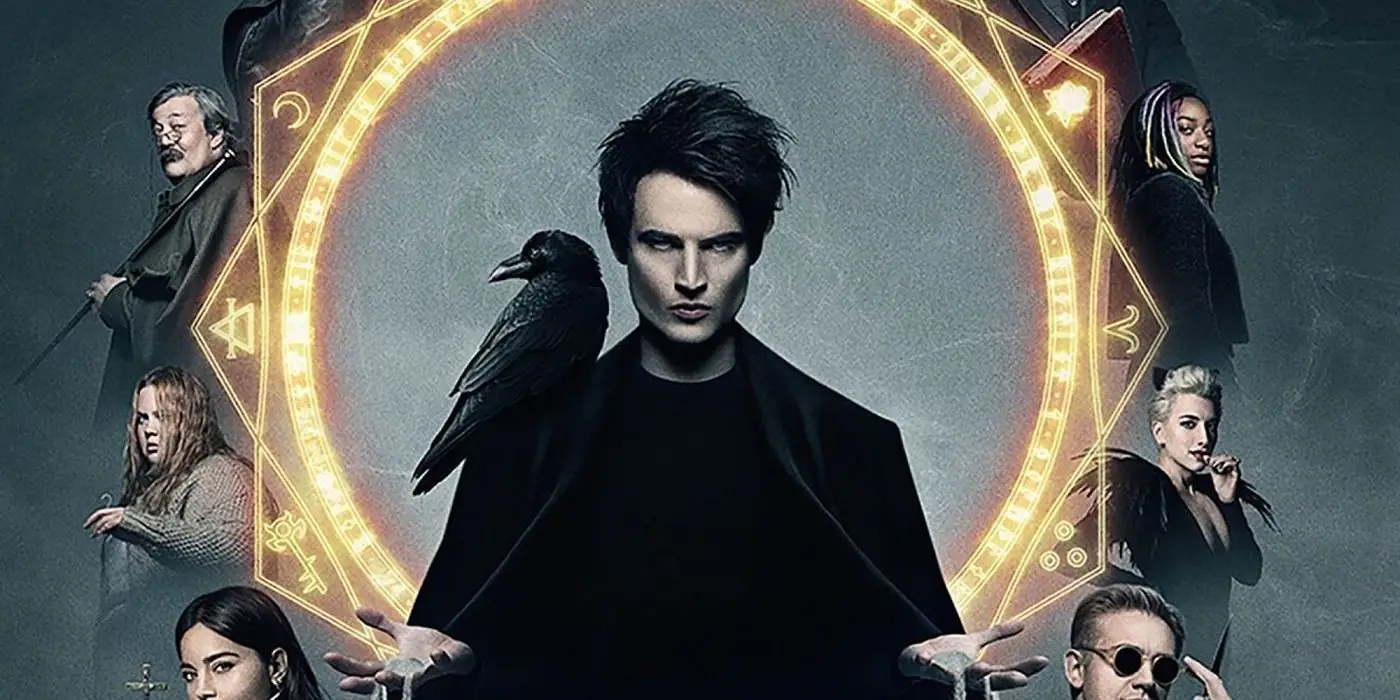
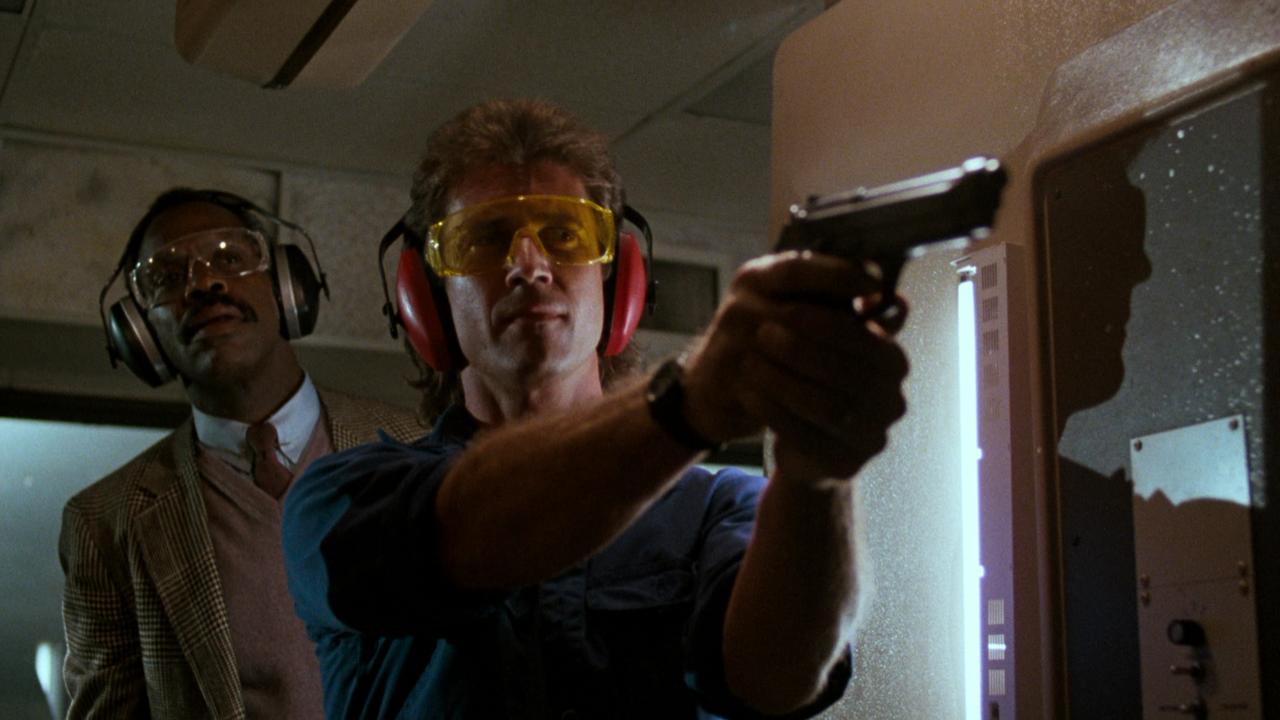

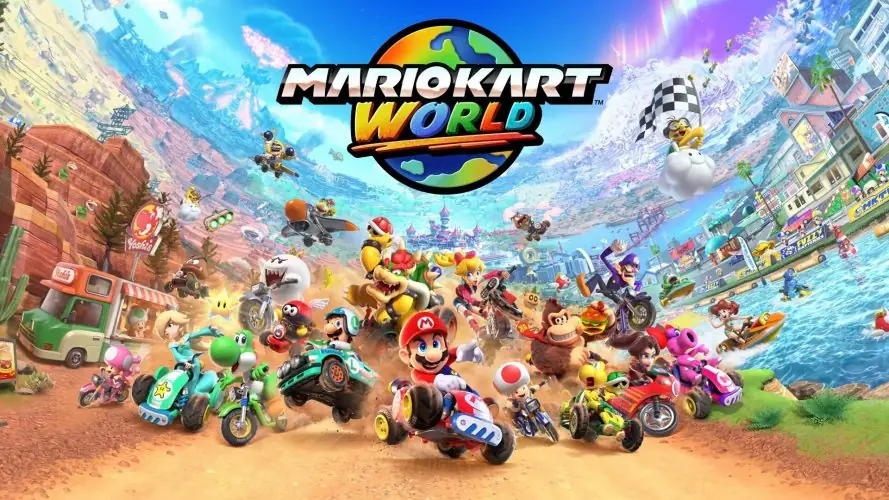
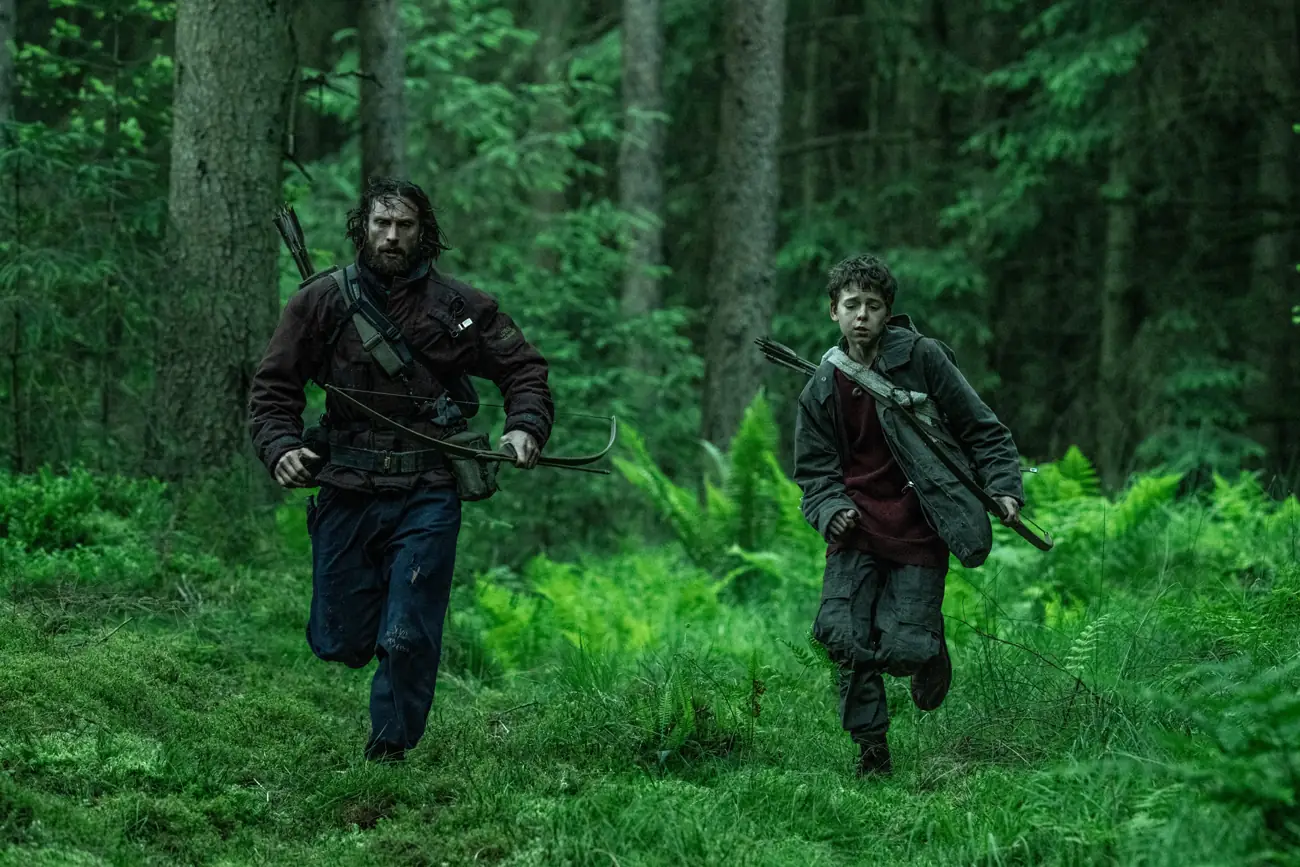


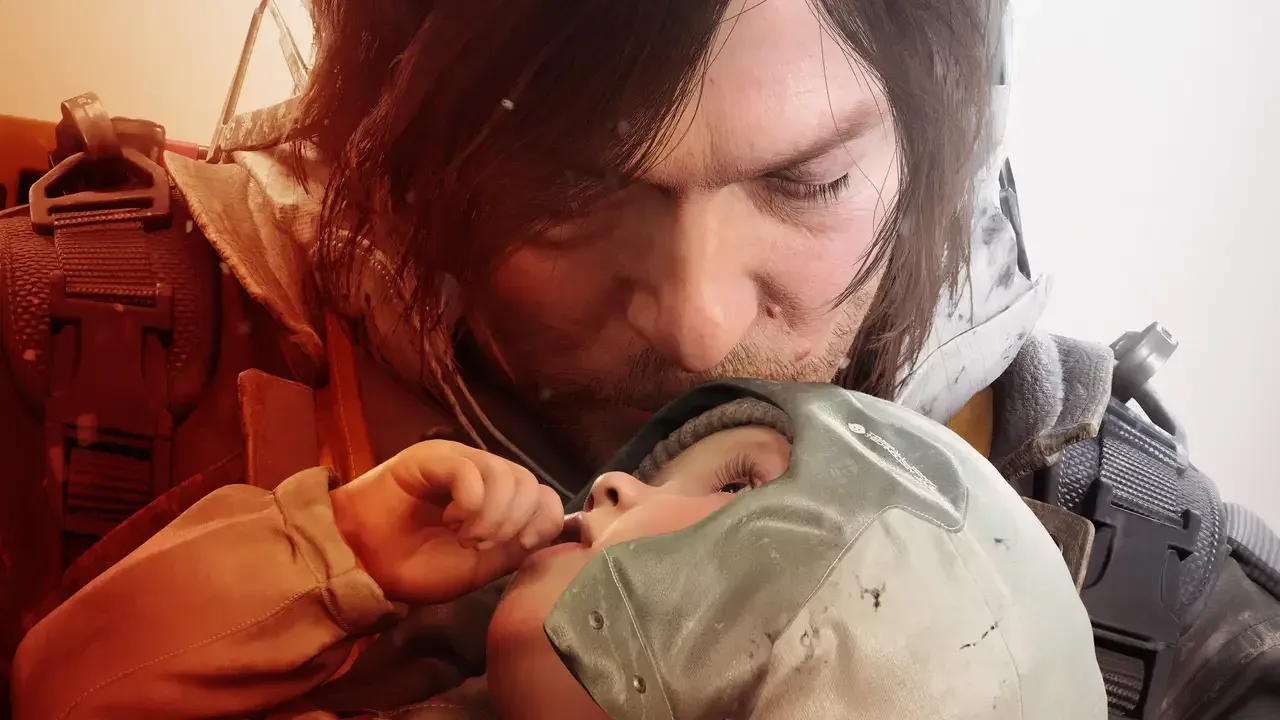
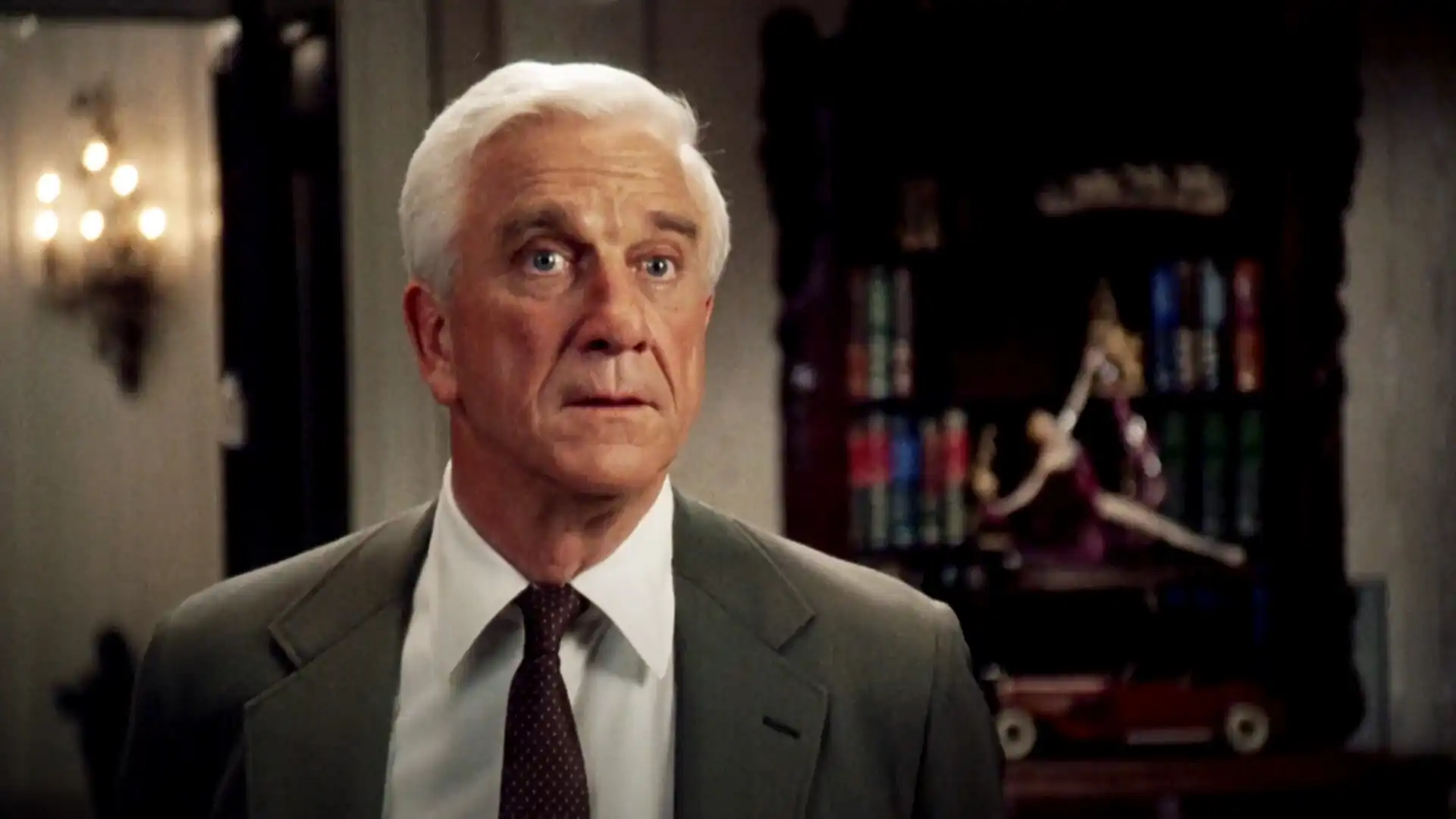

Discussion